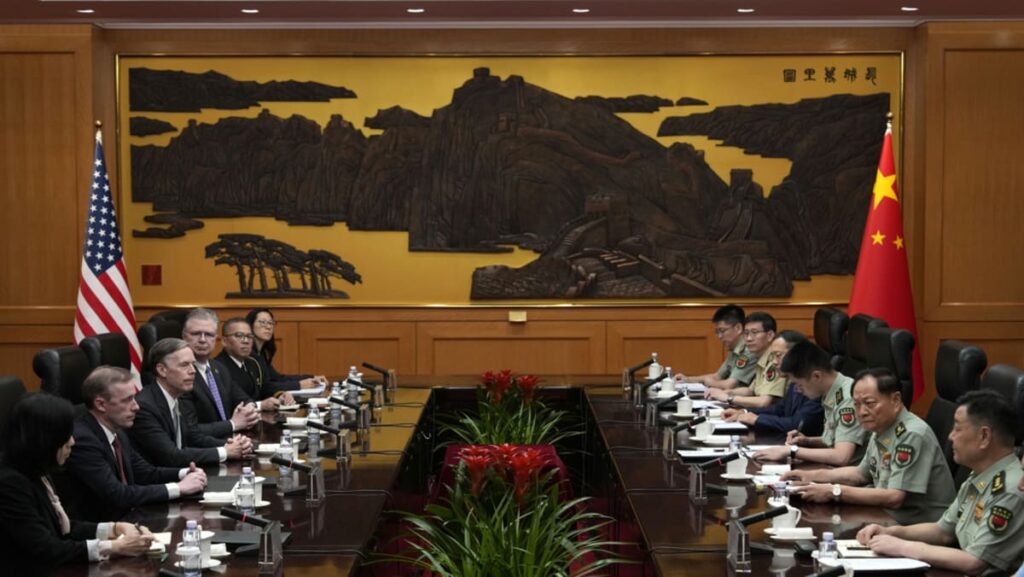THE BEST CHINA, US CAN DO AT THIS TIME
Sullivan’s trip notwithstanding, US-China relations at an institutional level won’t improve dramatically. The reasons for this have less to do with individual personalities – US foreign policy analysts have a habit of obsessing about Xi’s personal qualities – and more to do with high politics.
Structurally speaking, the United States and China may be bound for an inherently confrontational relationship for the next several decades by virtue of their respective positions in the world.
The United States seeks to maintain its dominance over international relations to the extent possible, whereas China (as all aspiring superpowers do) is intent on translating its greater wealth and military capacity into more power in the international system. The latter will obviously rub up against the former, resulting in the type of bilateral tension that is not easy to rectify.
Throw in completely different governing ideologies as well as a tendency by US politicians to browbeat China for domestic political reasons, and the long-term trajectory of relations looks ominous to even the most optimistic observer.
The United States and China, therefore, are probably relegated to tackling disagreements on the margins with the aim of controlling the mutual tension that exists. Although these nuts-and-bolts interactions won’t get diplomats and leaders into the history books, it’s the best Washington and Beijing can do at this specific time.
A key component of this tension-reduction strategy is face-to-face dialogue that is long-lasting, durable, and persists for the long term regardless of who happens to be sitting in the Oval Office. To its credit, the Biden administration understood this from the beginning, even if its actions – the hysterical reaction to “Balloongate” in early 2023 being the most infamous – can complicate the very dialogue it hopes to preserve.
Sullivan’s discussion with Wang last week was just the latest in a series of exchanges dating back to May 2023, when the two agreed to establish a diplomatic channel among themselves to address crises as they arise.
China hawks in Washington will continue to dismiss meetings such as these as pointless at best, and borderline appeasement at worst. What, they may ask, is the point of entertaining meetings when the sole deliverable is more meetings? But there’s another question that all too often gets sidestepped: Is a form of diplomatic isolation a viable alternative?
Daniel R DePetris is a fellow at Defense Priorities and a foreign affairs columnist at various publications. This commentary first appeared on Lowy Institute’s blog, The Interpreter.
https://www.channelnewsasia.com/commentary/us-china-ties-tension-taiwan-jake-sullivan-beijing-4585471


